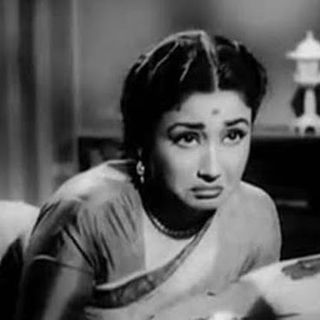In 2019, religious freedoms in India took a “drastic turn downward” after the Bharatiya Janata Party’s re-election, which has put religious minorities in India under grave danger, a 2020 report by the U.S. Commission on International Religious Freedom (USCIRF) states. The watchdog, which is predominantly an advisory body with powers to recommend, rather than implement, policy, has downgraded India to the lowest tier, in the “countries of particular concern” list alongside Saudi Arabia, Iran, China, and North Korea. It’s calling for India to be put on a religious freedom blacklist.
India, which has not held this low position since 2004, has become an increasingly dangerous place for Muslims, the report states. “The national government allowed violence against minorities and their houses of worship to continue with impunity, and also engaged in and tolerated hate
speech and incitement to violence,” it states, citing the Citizenship Amendment Act and National Register of Citizens, which when combined were largely seen as a weapon to disenfranchise Muslims in the country. The cow slaughter ban that led to mob lynchings across the country, the anti-religious conversion laws in many states, and the Babri Masjid ruling by the Supreme Court “created a culture of impunity for nationwide campaigns of harassment and violence against religious minorities,” the report states, adding the internet lockdown in the Muslim-majority state of Jammu & Kashmir, and the revocation of its autonomy also proved a detriment to religious freedom in the country.
Related on The Swaddle:
We Must Pause Outdoor Anti-NRC-CAA Protests, But Keep the Fight Going
USCIRF quotes Home Minister Amit Shah calling migrants “termites,” and Uttar Pradesh Chief Minister Yogi Adityanath promising “revenge” against anti-NRC-CAA protesters vowing to feed them “bullets not biryani.” In response, the watchdog recommends the U.S. place sanctions on Indian officials that have contributed to inciting anti-religious minority sentiment in India, including freezing their assets and canceling their visas. In the past, the USCIRF had recommended a similar visa ban on the then Gujarat Chief Minister Narendra Modi, following which the U.S. government had canceled his visa. Now, however, the commission concedes the diplomatic relations between President Donald Trump and Prime Minister Modi are strong, and repeated warnings by U.S. officials against the violation of religious freedom in India have not been heeded.
In response to the USCIRF report, Indian foreign ministry spokesman, Anurag Srivastava, rejected the assertions of the U.S. commission. “Its biased and tendentious comments against India are not new. But on this occasion, its misrepresentation has reached new levels … We regard it as an organization of particular concern and will treat it accordingly,” he said, citing three USCIRF commissioners who dissented from the recommendations in the report and objected to placing India on the same list as “communist China, which wages war on all faiths; nor of North Korea, a prison masquerading as a country.”
Despite warring opinions among USCIRF’s commissioners regarding India’s place on the list, all of them conceded that the violations of religious freedom in India are concerning. Their recommendations ranged from encouraging Indians to “reject any authoritarian temptation” in defense of religious liberty, to calling on the U.S. to constructively engage with India and advance human rights in the country, through grants to civil society advocacy groups and local communities.




